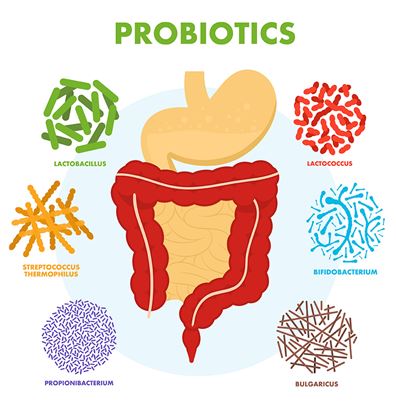CONSTIPATION AND FUNCTIONAL MEDICINE
Today's fast-paced lifestyle and wrong eating habits can negatively affect digestive health. Constipation is one of the most common digestive problems around the world. Approximately 40% of adults suffer from constipation. Women are at least two times more likely to have chronic constipation than men. Functional medicine offers a more holistic approach, looking for underlying root causes, not just the surface symptoms of disease. A center for functional medicine, provides individualized treatment strategies, evaluating a wide range of factors from gut microbiota to hormonal irregularities, from dietary habits to stress management. With this causative perspective, chronic conditions like constipation can manage more effectively with individualised supplements which produced in its own R&D supported factory.
What Causes Constipation?
More than one factor can be effective in a person with constipation.
Insufficient water consumption
Low Fiber Intake
A sedentary life
Some medicines
Stress
Dietary changes
Travel
Hormonal Changes
Intestinal motility deficiency
Three Mechanisms of Constipation:
1- There is a vast ecosystem inside your bowels
In addition to the foods you consume, microorganisms and indigestable fibers need to be able to move freely in harmony from a mechanical perspective. Everything you put inside your plate is a destined to effect gut motiliy.
2- Your bowels has its own network
As satellites in the sky, intestinal motility uses nerve fibres to tranfer its contents. If there is too much fermentation occured in small intestines this can impair effectivity of peristaltic vawes. If the aim is to eliminate constipation, the microbial balance needs to be improved.
3- The digestive tract is a very large muscle mass
When you have symptoms such as weakness and pain in your muscles throughout your entire system, the same goes for your gut. According to this, to restore normal bowel function, you also need to optimize your muscle functions.
DOUBLE STEP RELIEF WITH A SAFE & SYSTEMATIC SOLUTION
A well designed combination must contain magnesium citrate, which has a relaxing effect on the intestinal barrier. Regular magnesium intake helps intestinal muscle to contract more regularly and thus to work more effectively.
Additionally, Vitamin C is well known to help the intestinal evacuation process with less complaints and more compliance.
Increased permeability can effect motility by deprivation of gut barrier health. Glutamine strengthens the intestinal barrier by improving gut permeability. This enhances the absoption functions of the intestinal wall and prevents toxins from leaking into the circulation.
At the other hand, obstruction as an unwanted complication can makes it harder to relieve constipation symptoms, guar gum helps softening the gut content.
DGL is a form of licorice that has the glycyrrhizin removed. Licorice has protective benefits on the digestive mucosa, which soothes and protects the lining of the stomach and intestines.
Peppermint oil helps relieve stomach cramps, bloating, particularly if you have irritable bowel syndrome (IBS). Peppermint oil contains terpenoids, which blocks calcium channels in smooth muscle, thus producing antispasmodic effects on the gastrointestinal tract.
In simple words, constipation is a composition of lack of relaxion, power and soft gut content.
Although countless different phenomena develop under these diverse malfunctions of digestive system, solutions may be simple like the natural needs of a spontaneously operating gut.















































